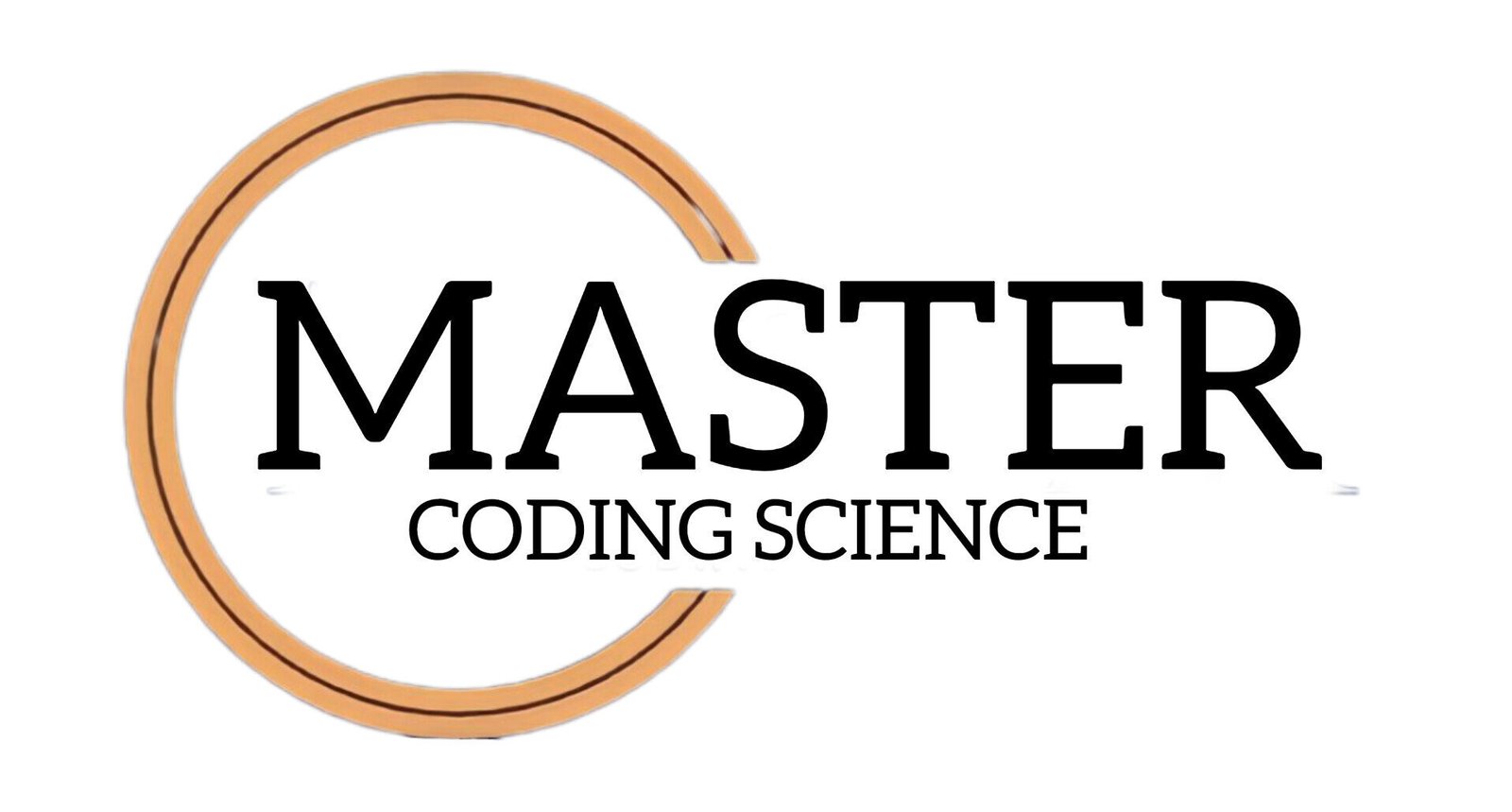Special characters in C programming are symbols that have predefined meanings or functions. They play a critical role in formatting output, handling inputs, and defining specific operations in the program. In this post, we’ll explore special characters in C, their usage, and examples to better understand their functionality.
What Are Special Characters in C?
Special characters in C are predefined symbols or sequences used for specific tasks like controlling output formatting, defining escape sequences, and denoting operations. These characters often start with a backslash (\), such as \n for a newline or \t for a tab.
Categories of Special Characters
- Escape Sequences
- Punctuation and Operators
- Predefined Symbols
Let’s dive deeper into each category with examples.
1. Escape Sequences
Escape sequences are combinations of a backslash (\) followed by a character. They are primarily used for formatting and control characters in text.
| Escape Sequence | Meaning | Example Usage |
|---|---|---|
\n | Newline | Moves cursor to the next line |
\t | Horizontal tab | Adds a tab space |
\\ | Backslash | Prints a single backslash |
\' | Single quote | Prints a single quote |
\" | Double quote | Prints a double quote |
\r | Carriage return | Moves cursor to the beginning of the line |
\b | Backspace | Deletes the previous character |
\f | Form feed | Moves to the next page (printer-specific) |
\0 | Null character | Marks the end of a string |
Example: Using Escape Sequences in Output
#include <stdio.h>
int main() {
printf("Hello, World!\n");
printf("Name:\tJohn Doe\n");
printf("Quote: \"C programming is powerful.\"\n");
printf("File Path: C:\\Program Files\\MyApp\n");
return 0;
}
Output:
Hello, World!
Name: John Doe
Quote: "C programming is powerful."
File Path: C:\Program Files\MyApp
2. Punctuation and Operators
C uses several special characters as punctuation marks and operators. These characters serve various purposes, such as separating statements or performing operations.
| Character | Purpose | Example |
|---|---|---|
{ } | Block delimiters | Encloses code blocks |
( ) | Parentheses for functions/conditions | Used in if or for statements |
[ ] | Array subscripting | Access array elements |
, | Separator | Separates function arguments |
; | Statement terminator | Ends a statement |
: | Label/ternary operator | Used in switch or ternary operator |
# | Preprocessor directive | #include, #define |
Example: Operators and Punctuation
#include <stdio.h>
int main() {
int arr[3] = {10, 20, 30};
int x = 5, y = 10;
printf("Array Element: %d\n", arr[1]); // Access second element
printf("Result of Ternary: %d\n", (x > y) ? x : y); // Ternary operator
return 0;
}
Output:
Array Element: 20
Result of Ternary: 10
3. Predefined Symbols
Some symbols in C have a special meaning, such as the asterisk (*), ampersand (&), or percent sign (%).
| Symbol | Purpose | Example |
|---|---|---|
* | Pointer/dereference | int *ptr; |
& | Address-of operator | int x = 5; &x |
% | Modulus operator (remainder) | 10 % 3 |
-> | Access structure members via pointer | ptr->member |
. | Access structure members | obj.member |
Example: Using Special Symbols
#include <stdio.h>
int main() {
int a = 10, b = 3;
printf("Modulus: %d\n", a % b); // Prints remainder
printf("Address of a: %p\n", &a); // Prints address of variable a
return 0;
}
Output:
Modulus: 1
Address of a: 0x7ffc58d2f4a4
Real-Life Examples
- Escape Sequences for Formatting Escape sequences are crucial for creating user-friendly output.
#include <stdio.h>
int main() {
printf("Invoice:\n");
printf("Item\t\tPrice\n");
printf("--------------------\n");
printf("Apples\t\t$3.50\n");
printf("Bananas\t\t$2.20\n");
return 0;
}
Output:
Invoice:
Item Price
--------------------
Apples $3.50
Bananas $2.20
- Combining Special Symbols
Combining operators and special symbols simplifies code.
#include <stdio.h>
int main() {
int a = 5, b = 2;
printf("Sum: %d\n", a + b); // Arithmetic
printf("Pointer Example:\n");
int *p = &a; // Pointer to variable a
printf("Value of a: %d\n", *p);
return 0;
}
Output:
Sum: 7
Pointer Example:
Value of a: 5
Why Are Special Characters Important?
- Readability: Enhance formatting and make output easier to read.
- Control: Provide ways to control input, output, and memory.
- Functionality: Enable complex operations and improve code efficiency.
Common Mistakes with Special Characters
- Forgetting to escape characters, e.g., using
"instead of\"inside a string. - Overlooking the null terminator (
\0) in strings. - Misusing pointers with symbols like
*and&.
Conclusion
Special characters in C add power and flexibility to the language. From formatting text to handling memory and performing operations, they are essential tools in every C programmer’s toolkit. By mastering their usage, you can write efficient, clean, and well-structured code.
For more insights and practical coding tips, visit Master Coding Science at mastercodingscience.com.
